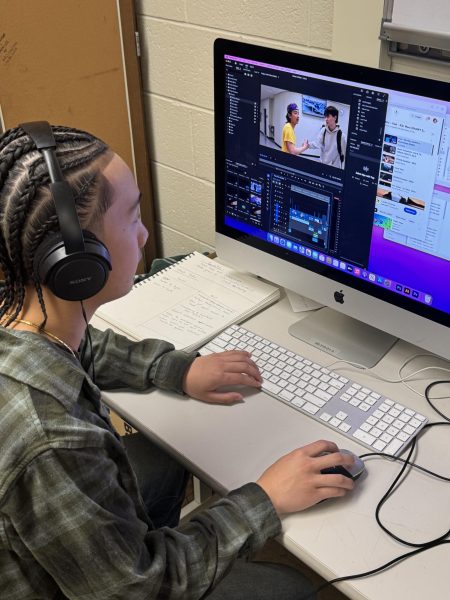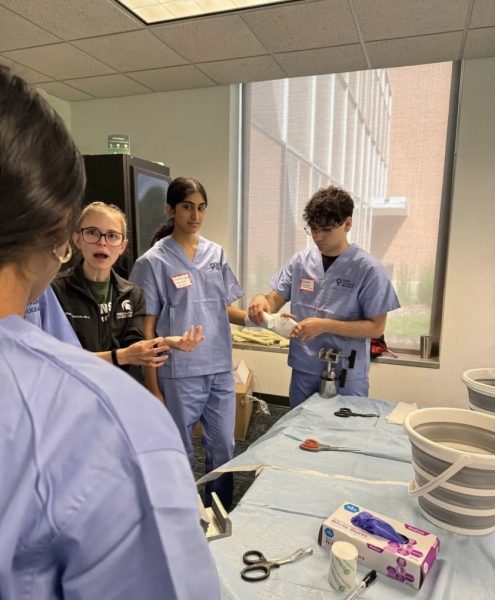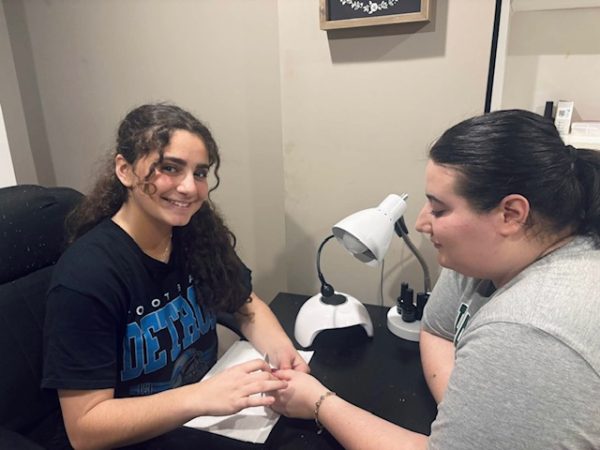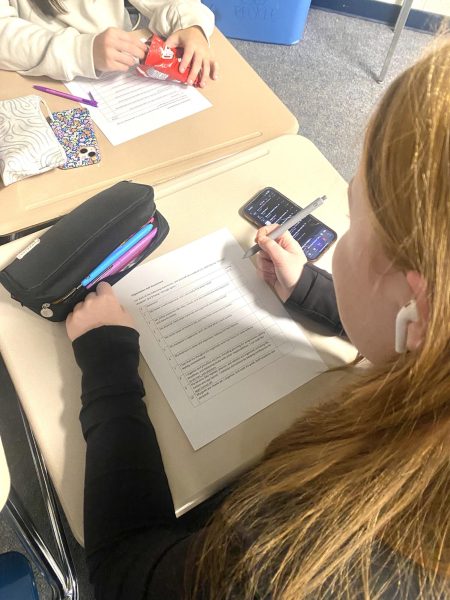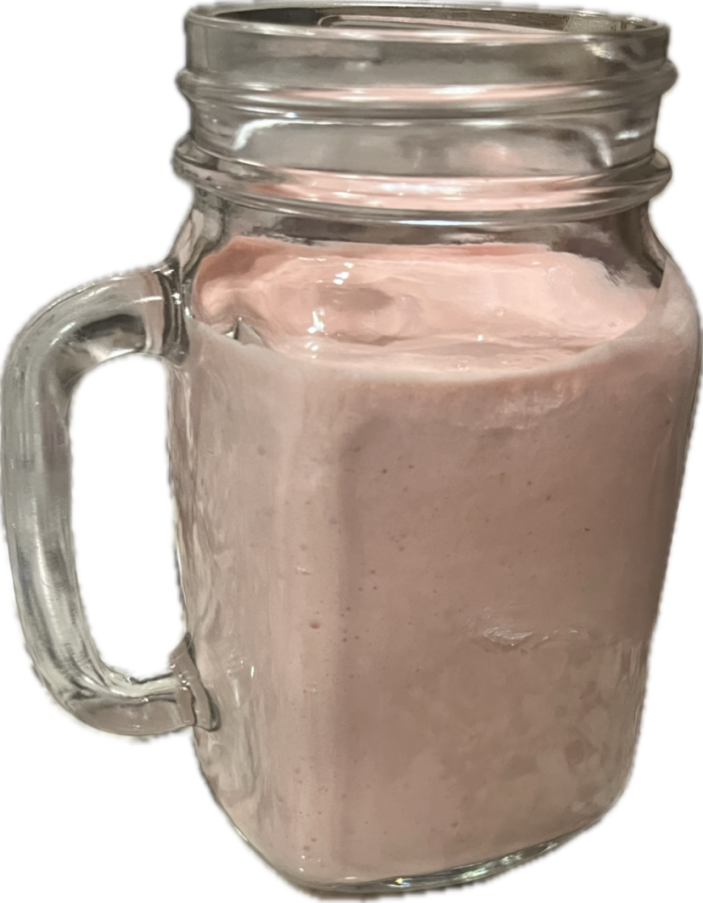Social situations in distancing
How social distancing affects the way people live in a good and bad way
Friendships and social interaction were invented for a reason and taking that away changes how people view life but also keep people safe.
Although avoiding large gatherings and close contact with others is crucial for slowing the spread of the virus and preventing our health care system from getting overwhelmed, it also affects daily lives. Over long periods of time, social isolation increases the risk of a variety of health problems, including heart disease, depression, dementia, and even death, according to the American Association for the Advancement of Science (AAAS).
Developing social relationships is important to human well-being, and now not simply due to the natural joy of being with buddies, or whilst learning social norms. People argued that experiencing social behavior, and engaging in social interplay, is crucial at some point of youth development, according to NoIsolation.
The absence of social relationships and behaviours have been shown to affect child development in various ways. If a person is not able to experience the necessary level of social contact and behaviour, they can experience social isolation. While a person is socially isolated, as it is a basic human need, the frame will perceive the scenario as a danger. In the course of the time of the energetic stress reaction, the brain will release more than one strain of hormones to shield the body from threat, according to NoIsolation.
On the other hand, with this virus going around it is the safest way to stay away from the possibility of receiving the virus. If people avoid physical contact with others, they become less likely to obtain this virus, according to Governor Whitmer. Social distancing is deliberately increasing the physical space between people to avoid spreading illness. Staying at least six feet away from other people lessens your chances of catching COVID-19.
People who have been exposed to the new coronavirus and who are at risk for coming down with COVID-19 might practice self-quarantine. Health experts recommend that self-quarantine lasts 14 days, according to Lisa Lockerd Maragakis, M.D., M.P.H.
Although everyone’s safety is important no matter what you do there is going to be problems with health because social distancing can cause problems with the mind and social interaction right now with the virus going on can also cause health problems.
Your donation will support the student journalists of Eisenhower High School. Your contribution will allow us to purchase equipment and cover our annual website hosting costs.


